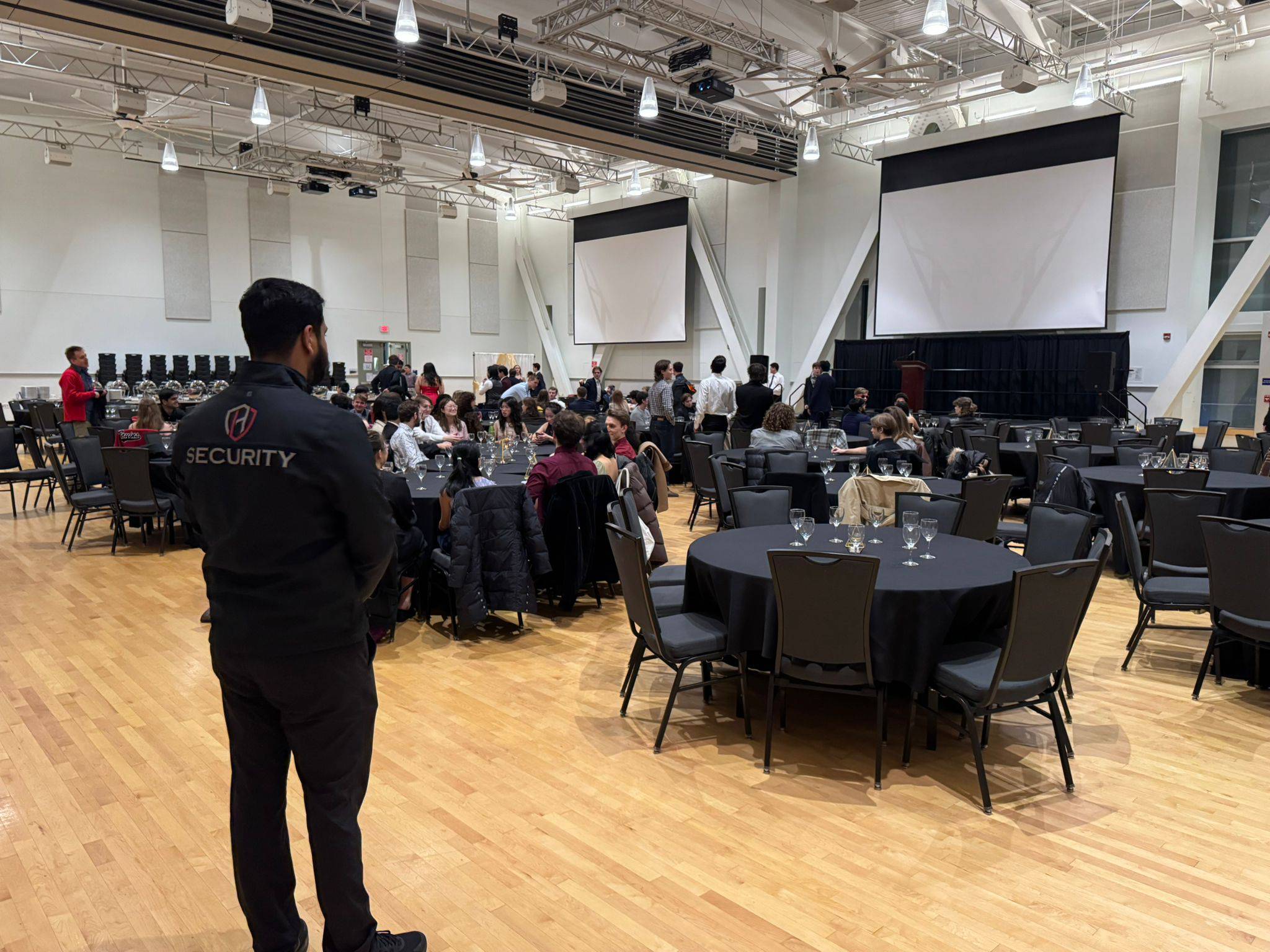Top 5 Benefits of Event Security in Vancouver
Introduction
Planning an event involves many details, but ensuring the safety and security of your attendees should always be a top priority. Whether you’re hosting a corporate event, concert, festival, or private gathering, a well-thought-out security strategy is crucial. In this post, we’ll cover essential event security tips to help you create a safe environment, prevent security breaches, and ensure a smooth experience for all involved.
1. Assess Potential Security Risks Early
Before you even begin booking vendors or sending out invites, it’s important to assess potential security risks at your event. Start by conducting a thorough risk assessment. Consider factors such as:
- Event size and location
- Crowd demographics
- VIP attendees or high-profile guests
- Public access points
- Known security threats in the area
Hiring a professional security company to assist with the risk assessment can help you identify vulnerabilities and develop an appropriate security plan.
2. Hire Professional Event Security Personnel
While having friends or volunteers help with event security may seem like a cost-effective option, professional security personnel bring expertise and experience to the table. Trained security guards can handle crowd control, detect suspicious behavior, manage emergencies, and respond swiftly to any incidents.
Make sure your security team is well-equipped, experienced in dealing with large crowds, and familiar with the venue’s layout. For larger events, you may need different types of security staff, including:
- Uniformed guards for visible presence
- Plain-clothes officers for undercover monitoring
- VIP security for high-profile guests
- Access control staff for checkpoints
3. Implement Effective Crowd Control Measures
Crowd control is a major aspect of event security. Even if your event is small, managing crowd flow and preventing overcrowding is essential for safety. Some crowd control strategies include:
- Clear signage and directional markers to guide attendees
- Physical barriers or fences to direct crowd movement and prevent unwanted access
- Queue management systems to prevent bottlenecks at entry points or popular attractions
- Adequate staff to direct and manage crowds during peak times
4. Set Up a Secure Entry and Exit Strategy
One of the most important elements of event security is ensuring that all entry and exit points are secure. Every attendee should go through a thorough screening process before entering the venue. Consider these security measures:
- Bag checks and metal detectors at entry points to prevent prohibited items from being brought in
- Ticket verification using digital scanners or physical checks to ensure that only authorized individuals are allowed entry
- Clear evacuation routes and emergency exits, well-marked and unobstructed at all times
5. Use Technology to Enhance Security
In today’s world, technology plays a crucial role in event security. Implementing advanced tech solutions can improve monitoring, reduce risks, and ensure a quick response to emergencies. Consider using:
- Surveillance cameras to monitor high-traffic areas
- Real-time communication tools for your security team to stay connected
- Drone security for large outdoor events to provide aerial surveillance
- Access control systems such as RFID or facial recognition for better attendee tracking
6. Emergency Preparedness and Response Plans
No matter how well-planned an event is, emergencies can still occur. Having an emergency response plan in place is critical for mitigating risks and ensuring that your staff knows how to react. Your plan should include:
- Clear communication procedures for staff and emergency responders
- Medical stations and trained personnel on-site for medical emergencies
- Evacuation plans and crowd management procedures in case of fire, natural disaster, or other emergencies
- Incident reporting systems to track and manage any security-related events
Regularly run drills with your team to ensure everyone is prepared.
7. Maintain Crowd Awareness and Communication
During the event, it’s essential to keep your attendees informed and aware of any changes, emergencies, or issues. Consider using the following methods to maintain communication:
- Public address systems to make important announcements
- Social media updates to inform attendees of any security concerns or schedule changes
- Event apps to share real-time alerts and information with guests
Conclusion: Prioritize Event Security for Peace of Mind
By following these essential event security tips, you can ensure a safe and successful event for your guests, staff, and performers. With the right planning, professional security personnel, and proactive security measures, you can minimize risks and handle any situation that arises. Always remember that when it comes to event security, preparation is key.
If you’re looking for expert event security services for your upcoming event, reach out to [Your Company Name]. We specialize in providing top-notch security solutions tailored to your specific needs, ensuring your event is not only enjoyable but also safe for everyone involved.
Call to Action:
Need professional security for your next event? Contact us today for a free consultation and personalized event security plan. Let us help you protect your event from start to finish!
- Event security
- Event security tips
- Event security personnel
- Crowd control
- Professional security services
- Emergency preparedness event security
- Event security solutions

